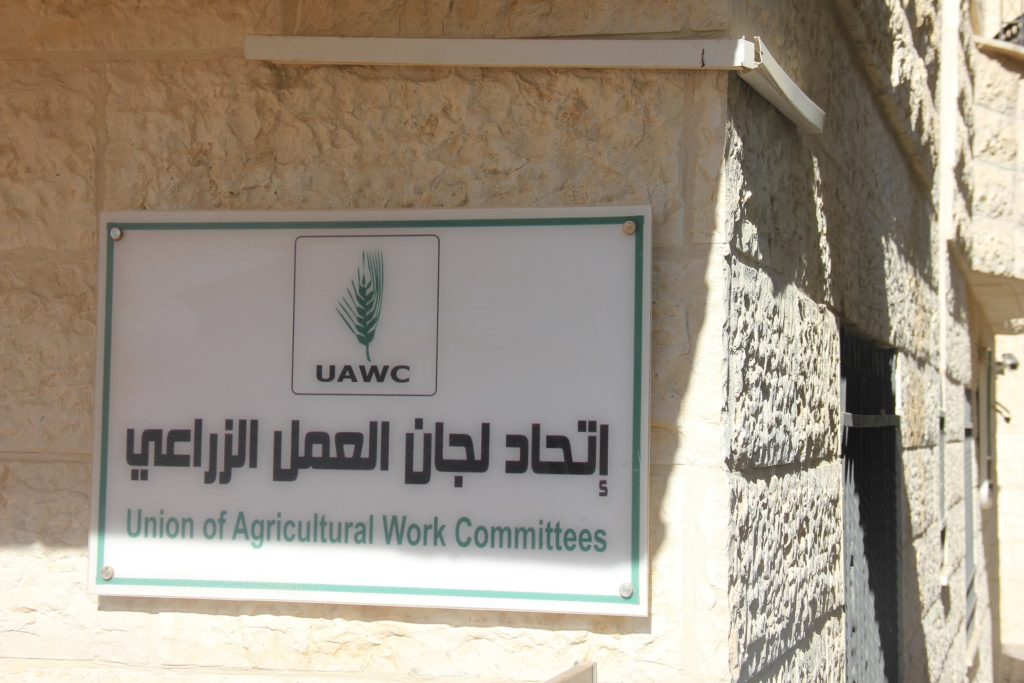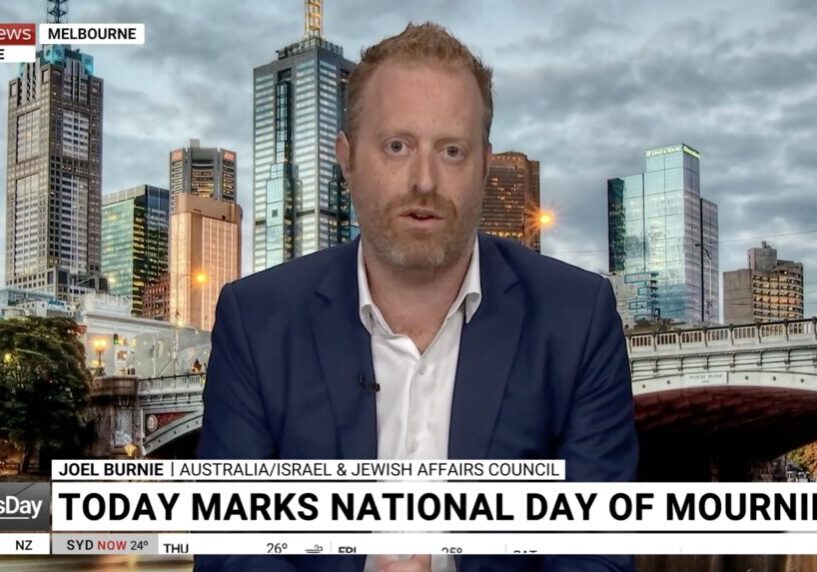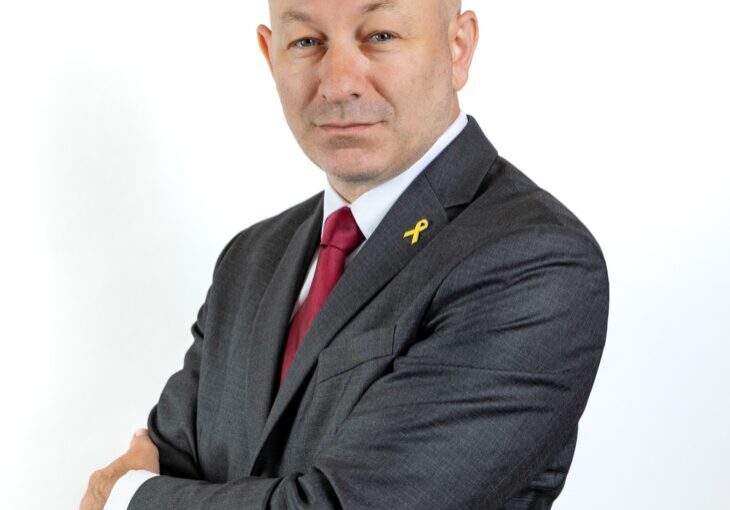Australia/Israel Review
Europa Europa: Europe’s Terror-linked NGO Problem
Aug 2, 2021 | Olga Deutsch

Non-governmental organisations (NGOs) have become an important part of international politics, with their work often seen as complementing governments in shaping and implementing policy.
However, while government officials are subject to a strict set of legal boundaries and are supposed to be held responsible by their constituencies, civil society NGOs operate beyond such confines. The potential for abuse by and of civil society organisations, especially in conflict ridden areas, therefore, poses a significant challenge to NGOs and to their government funders alike, as they become vulnerable to radical and terrorist elements.
One of the most striking examples is that of European-funded Palestinian human rights and humanitarian NGOs, many of which are directly affiliated with the Popular Front for the Liberation of Palestine (PFLP) – designated as a terrorist organisation in the US, the EU, Canada, and Israel. Since its founding in 1967, the PFLP has been involved in suicide bombings, hijackings and assassinations, among other terrorist activities targeting civilians.
According to data compiled by NGO Monitor, in 2011-2019 the European Union alone authorised grants of at least €37 million (A$59.5 million) to NGOs with ties to the PFLP. Although this constitutes a breach of the general conditions applicable to EU-financed grant contracts, and despite many NGO officials and employees having served security-related prison sentences, these organisations continue to receive funding from European governments even after the discovery of evidence of these terror ties.
After over a decade of suspicious but inconclusive evidence of terror affiliation, in late 2019 the Israel Security Agency announced that it had uncovered a 50-person terror network operating in the West Bank on behalf of the PFLP. Among those in the network were individuals arrested for carrying out an Aug. 23, 2019 bombing attack which murdered 17-year-old Rina Shnerb and injured her father and brother. At least five members of this network were employed as senior officials at the Palestinian NGOs Union of Agricultural Work Committees (UAWC) and Health Works Committee (HWC).
Samer Arbid, accused of preparing and detonating the explosive device, was employed as UAWC’s financial director and “senior staff.” In August 2020, the PFLP issued a statement referring to Arbid as a “prisoner and commander,” and “one of the heroes of the Bubeen operation” – referring to the bombing. Abdel Razeq Farraj, who reportedly holds a senior PFLP post and authorised the bombing, was UAWC’s finance and administration director. Walid Hanatsheh, the alleged commander and financier of the attack, was employed as HWC’s finance and administration manager.
UAWC has received at least €22 million (A$35.4 million) from the EU since 2011 and an additional €17 million (A$27.4 million) through Dutch development programs since 2013.
Despite initial insistence that their stringent vetting procedures rendered such activities impossible, in May 2020 the EU announced an internal investigation into potential diversion of its funds to terror. In July 2020, the Netherlands announced a freeze of its funding to UAWC pending an investigation, and in June 2021, Belgium also launched an investigation. In July 2021, Israeli authorities ordered UAWC’s Ramallah headquarters closed for six months.
In May 2021, Israeli authorities announced the arrest of four additional HWC officials for terror-related activity, including the diversion of millions in European funds from supposedly humanitarian projects to the PFLP. The HWC arrests were part of an operation that uncovered a large finance network for the PFLP orchestrated by PFLP-affiliated NGOs. The NGOs allegedly used different methods, including reporting fictitious projects and inflated salaries, and forging invoices, to transfer funds to families of PFLP terrorists, pay salaries for militants, and other terror-related activity.
This is not exclusively a European problem. In fact, in 2012, the Australian Government, having provided taxpayer funding to UAWC via the World Vision charity, launched an investigation into UAWC’s possible terror ties and concluded that there was “no evidence of any UAWC espousal of violence against Israel.” Needless to say, the arrests of UAWC officials highlight the limitations of that Australian investigation.
A few years later, Israeli authorities arrested World Vision’s operations manager in Gaza, alleging that he funneled millions of the organisation’s Gaza budget to Hamas. Australia suspended its support for World Vision’s Gaza operations.
It is clear that much of Palestinian civil society is highly politicised and geared toward promoting a nationalistic, often violent agenda. This places European donor governments in a vulnerable position and increases the need for greater oversight and accountability. While the EU, Dutch and Belgian reviews are important steps towards that, what is truly needed is a genuine and critical debate on how to best engage with civil society to achieve the best possible results for the beneficiaries on the ground, without promoting or facilitating violence.
Olga Deutsch is Vice President of NGO Monitor, and served for five years as Director of its Europe Desk.
Tags: Europe, NGOs, Palestinians, Terrorism






